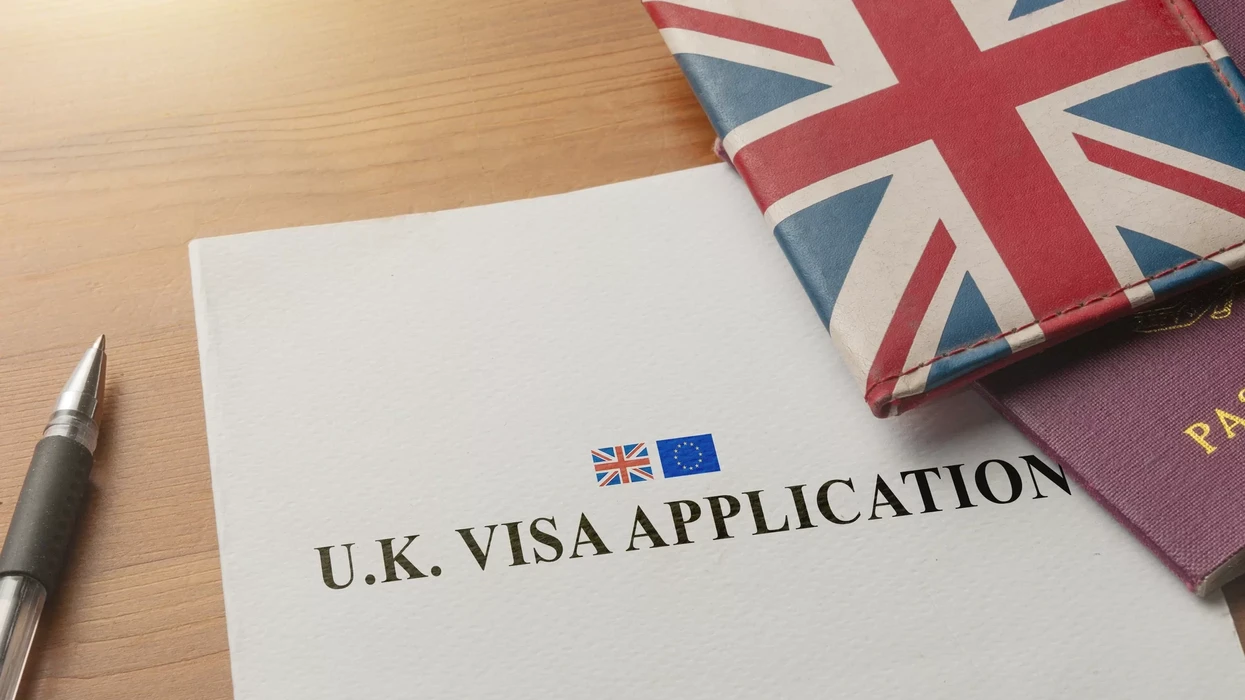The UK government has formally introduced the first phase of its sweeping immigration reforms in Parliament, initiating what officials describe as a major overhaul of the system used to recruit foreign skilled workers, including thousands from India. The new rules will take effect from July 22, 2025.
Unveiled by Home Secretary Yvette Cooper in the House of Commons, the reforms are part of the government’s Immigration White Paper released earlier in May. Cooper characterised the changes as a “complete reset” aimed at restoring control and addressing what she described as excessive dependence on low-paid foreign labour.
A key feature of the changes is the closure of the overseas recruitment route for social care workers. From July 22, new visa applications for care roles from abroad will no longer be accepted. However, care workers already in the UK will be permitted to switch visas within the country until July 2028.
The new rules also raise both the salary and skill thresholds for Skilled Worker visa applicants. Most new applications will now require at least a Bachelor’s degree or equivalent qualification. Existing skilled workers already residing in the UK will be exempt from this requirement.
“The salary requirements for work visas are being raised in line with the latest Office for National Statistics data,” said Seema Malhotra, the UK’s Minister for Migration and Citizenship, in a statement to Parliament. She added that the Migration Advisory Committee (MAC) will conduct a full review of the salary levels and discounts available under the new framework.
The shortage occupation list, which previously offered more lenient visa conditions for certain jobs, is also being significantly reduced. More than 100 roles, including chefs and plasterers, are being removed. A smaller list of “critical” roles will be retained on a temporary basis, but without fee or salary discounts and without the right to bring dependants.
The government has tasked the MAC with reviewing this temporary shortage list and recommending whether any roles should remain on it beyond 2026. Only a limited number of occupations will be permitted access to this route, and only under strict conditions designed to encourage local training and workforce development.
Cooper said the move was essential to reduce migration and reinvest in domestic skill-building.
“These new rules mean stronger controls to bring migration down, to restore order to the immigration system, and to ensure we focus on investing in skills and training here in the UK,” she told MPs.
She added, “We are delivering a complete reset of our immigration system to restore proper control and order, after the previous government allowed net migration to quadruple in four years.”
The Home Office said the updated framework is designed to curb abuse of the care visa route, which has faced scrutiny over exploitation of workers, while also reducing the UK’s reliance on lower-skilled migration.
While the current announcement focuses on salary thresholds, skill requirements, and recruitment restrictions, further changes expected later this year include a hike in the immigration skills charge levied on employers and tighter English language rules for visa applicants.


